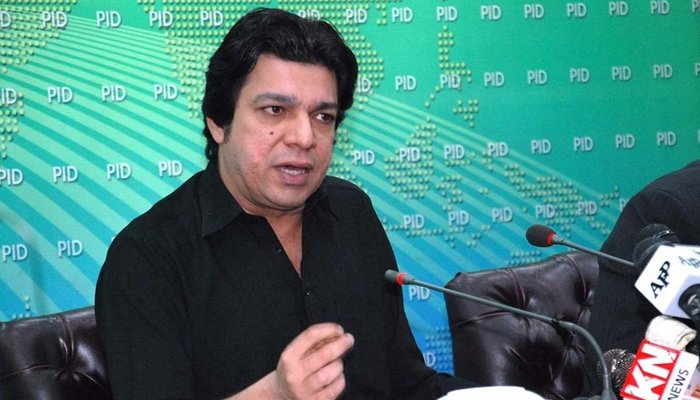Islamabad: In a major development, the Supreme Court of Pakistan revoked the lifetime disqualification of Faisal Vawda in a dual nationality case after he tendered an “unconditional apology” before the apex court.
Headed by Chief Justice Umar Atta Bandial and comprising Justice Syed Mansoor Ali Shah and Justice Ayesha Malik as its other members, a three-member bench of the Supreme Court heard the plea of the former PTI Senator.
Faisal Vawda had challenged the Election Commission of Pakistan (ECP)’s verdict of February 9, in which the Commission had disqualified Vawda for concealing his dual nationality at the time of filing his election nomination papers in 2018. The ECP had also directed him to return the salary and other benefits he had received as a minister and a member of the National Assembly within two months. It had also de-notified him as a senator.
Following that, Vawda had moved the apex court on grounds that the ECP did not have the jurisdiction to disqualify him as a member of parliament.
At the last hearing, the SC had summoned Vawda to give him a chance to express his regret for misstating his dual nationality before the top court.
When appeared before the Supreme Court today, Vawda tendered his “unconditional apology” and said he would accept any punishment that would be awarded to him.
Today’s hearing
During today’s hearing, the CJ told Vawda that if he apologized before the court with good intentions, his disqualification would be limited to five years.
“In case you do not resign, the court will proceed under Article 62(1)(f).”
At this, Vawda said that he apologizes unconditionally and that he “did not intend” to submit a false affidavit. He also said that he would accept any punishment that the court decides.
CJ Bandial then told Vawda that he should also resign from his Senate seat.
“We will revoke your lifetime ban as the court has repeatedly given relief to senators,” the CJP noted.
As Vawda agreed to the unconditional apology and tendering his resignation, the court revoked the lifetime ban and allowed him to contest the next elections.










